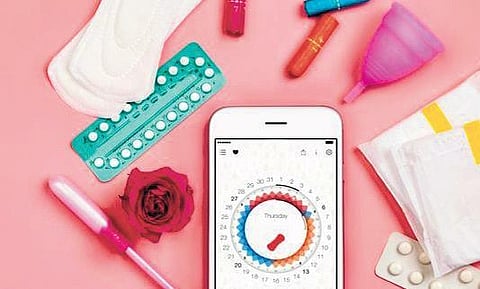

BENGALURU: Growing up as a woman, the stigma around menstrual health and hygiene is something most of us have experienced firsthand. With the stigma comes the inherent silence around starting important conversations about menstruation. One such conversation has been at the forefront of Bengaluru-based entrepreneur Ira Guha’s journey of creating Asan.
“I decided to start Asan when I realised that in my community in Bengaluru, lack of access to period products is stopping women and girls from attending school. While on a trip back home, I met a cook who was using low-quality sanitary pads because of which she had really bad rashes and she was missing out on work and losing wages,” says Ira Guha, who is also the daughter of renowned historian Ramachandra Guha. She further adds, “This period of poverty is also affecting our economic empowerment as a country because we are losing out on actual income and GDP.”
Determined to address period poverty, Ira Guha, then a graduate student at Harvard Kennedy School, collaborated with Harvard engineers to design the Asan Cup. “We designed and patented our menstrual cup from scratch which took one and a half years of testing and product development.” The Asan cup is a reusable menstrual cup with a ring design for easy removal. Guha is optimistic since post-pandemic there has been a huge uptake in reusable period products.
“There was a lot of disruption in supply chains so people realised a reusable product makes more sense. Also, during Covid, all of us became much more aware of our environment and our waste so the fact that one Asan cup diverts 2500 pads became much more significant,” shares Guha.
In her journey so far, Guha says her family’s support has been instrumental for her in taking risks, “My mother is an entrepreneur, she has her own business and she has always taken risks. So, I had the model of a female entrepreneur in my own family and I think that is very inspiring.” For Guha, one of the defining moments of her journey has been bringing the cup to 60 villages in Kanakapura taluk. “Every time someone doubts our work, I draw inspiration from the rural women and girls who are leading our training programmes because 100 per cent of the trainers and educators for this programme are from the villages.
They see the benefit of the cup immediately and they are extremely open-minded and honestly, they are what inspires me to keep going.”